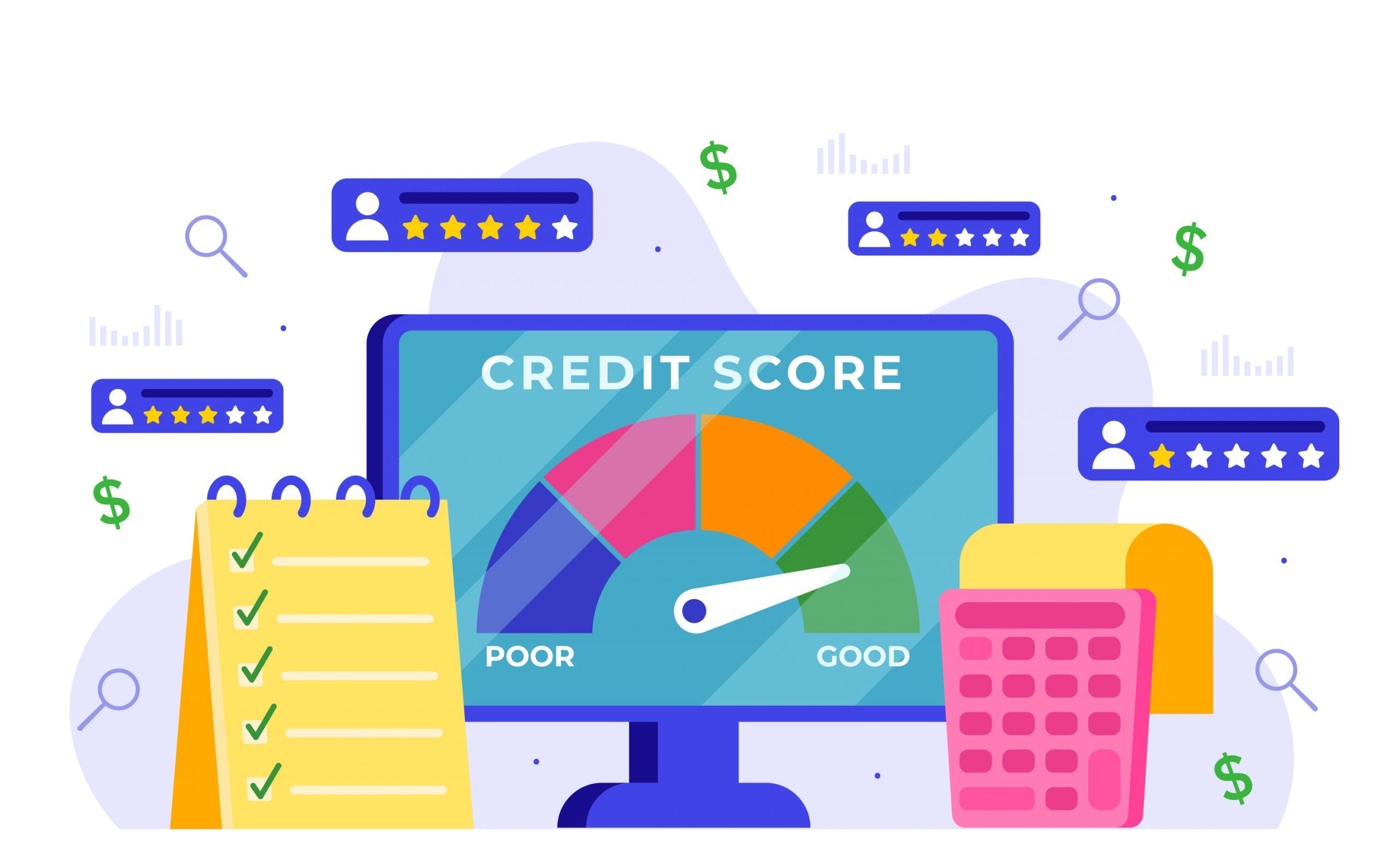4 Tips to Improve Your Credit Score

What is Debt-to-Income Ratio?
December 6, 2021
The Difference Between Homeowners Insurance and Title Insurance
December 6, 2021Your credit score is one of the most crucial measures of your financial health. At a glance, it tells lenders how responsibly you use credit. It will be easier to obtain extra loans or lines of credit if your credit score is better. A higher credit score may allow you to borrow at the lowest feasible interest rates. You can improve your credit score by doing a few simple things. It necessitates some effort as well as, of course, time. This is a step-by-step guide to raising your credit score.
#1: Reduce Your Revolving Credit Card Debt
You should pay more than the minimum amount each month if you have the money to do so. Working on your revolving debt will help you maintain a low credit usage rate, which can help you improve your credit score.
It's preferable if you can pay off your debt each month as quickly as possible. You may also make numerous payments against your amount throughout the month to keep your balance low and make it easy to manage your spending. Even if paying off a portion of your debt is beneficial, paying off the whole total will have the greatest and fastest impact on your credit score.
#2: Extend Your Credit Limit
You have two options for increasing your credit limit: request an increase on your current credit card or create a new card. The lower your credit usage rate, the greater your total accessible credit limit. Make sure you won't be tempted to spend more than you can afford before requesting a credit limit increase.
If you're thinking about getting a new credit card, do your homework beforehand. Your credit score is affected by how frequently you apply for and create new accounts. Each application necessitates a credit report drawn from the card issuer or lender, which results in a hard inquiry on your report and a few points deducted from your credit score.

#3: Examine Your Credit Report for Any Mistakes
Examining your credit report for any mistakes that might negatively influence your credit score is one way to improve your credit score quickly. If you can challenge them and have them removed, your score may improve.
Fraudulent or duplicated accounts and misreported payments are some of the most typical mistakes to watch out for.
#4: Request That Any Bad Items on Your Credit Record That Have Been Paid Off be Erased
You may have a history of late payments on your credit report or an old collection account that was paid off but still appears on your credit report. If this is the case, request that they should take it away. If you have an unpaid collection account, make this a top priority. Collection accounts that have not been paid might have a negative influence on your credit score.
This stage will likely involve more time and work on your part, but it may be worthwhile. To remove a paid-off account from your credit report, contact the collections agency, debt buyer, or original creditor (depending on who currently serves your account).
Try to persuade them to not only mark the account as paid but also to delete it entirely since this would have a far more significant influence on your credit score.
Conclusion
Improving your credit score is an excellent aim to have, especially if you want to apply for a loan to make a significant purchase like a new vehicle or home or if you want to qualify for one of the finest rewards cards available. When you start making efforts to improve your score, it might take several weeks, if not months, to see a meaningful difference.
About the Author
Rahman Muzaffar
Assistant Manager, Real EstateTreadstone Associates
1 (844) 900 1070



